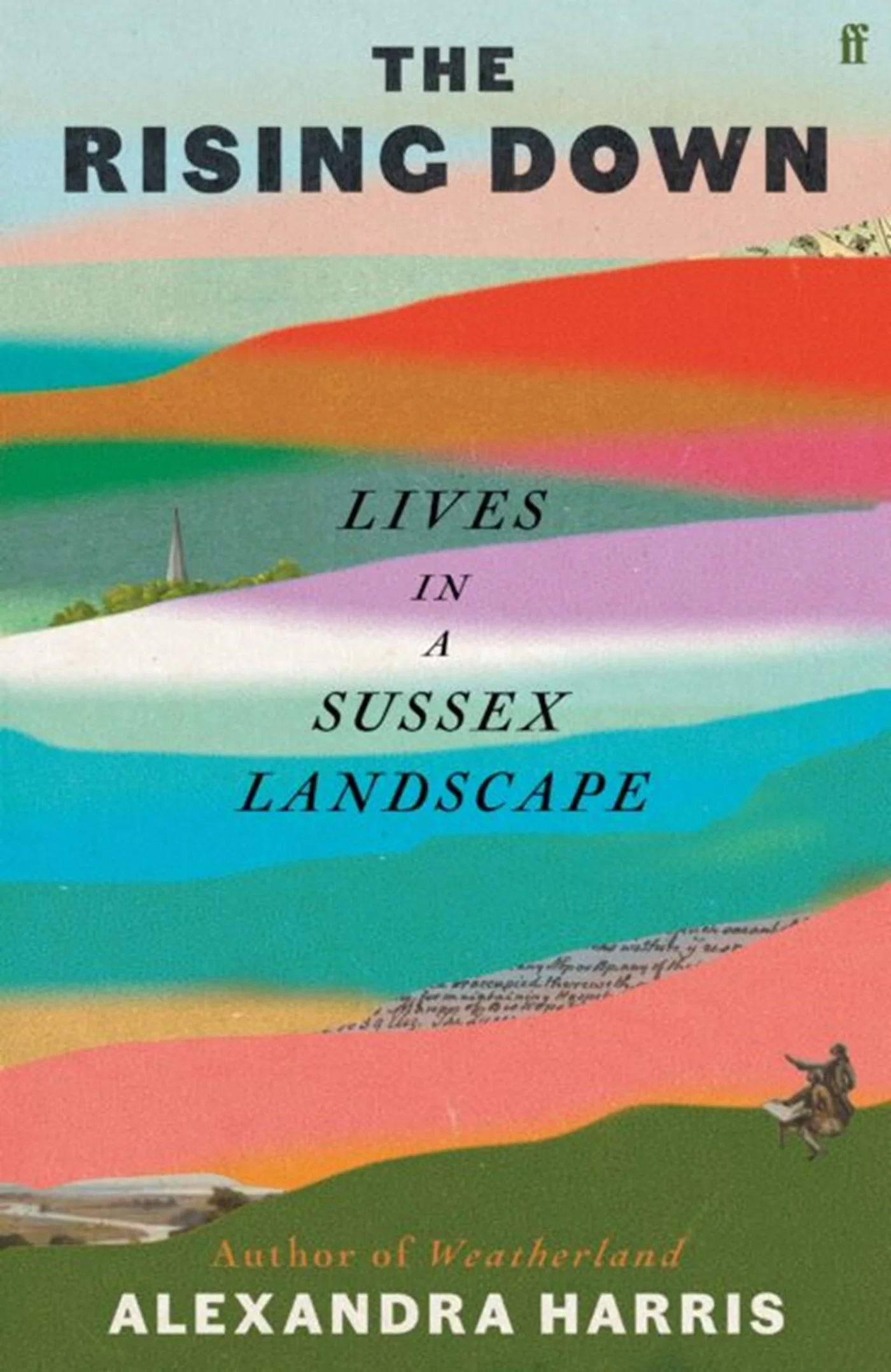Showcasing unusual projects
As you might expect, most of the 170 or so indexing projects I have undertaken have been quite unremarkable: I receive the page proofs (or Word/InDesign manuscript), create an index that meets my client’s requirements, deliver it on time or early, and the author and/or editor are very happy.
Here are some examples of projects that have involved something a little bit different, but all with excellent outcomes.
“Thank you so much for turning this around so quickly! You are indeed very talented!”
Christopher Clarke, author of: FRCR physics notes
Using insights into reader behaviour to inform my index
Indexers often comment on the fact that we never really know for sure how our indexes are used, and whether we have successfully captured all the likely terms (including synonyms) that readers will use when they look concepts up. One book I indexed was different because it was created from content available on the author’s website, for which the author had detailed statistics about the keywords used to access it. I was able to use this data to inform my index.
I was given a breakdown of the search terms that had been used to interrogate the author’s website resource, and the number of times each one was used (from 124 times for ‘grid’ , to 1 time for over 4000 terms, which included spelling mistakes and unhelpful search terms like ‘vice versa’).
After completing my index in the usual way and in a timeframe that impressed the author, I carefully checked it against all terms which had received 15 or more searches, which felt like a pragmatic and manageable approach. I found, happily, that they were nearly all included in the index. Some of those that weren’t were loosely synonymous with existing index entries: for one or two, the author expressed some surprise that they had been used as search terms so it wasn’t surprising that I had omitted them. However, it was simple enough to provide cross-references in my index pointing readers to the ‘right’ terms to look up. The remaining ‘missing’ terms were concepts that did not appear in the book at all, so did not need to be included in the index (although I double-checked each of these with the author). This of course was fine: as readers we often consult indexes to find out whether a particular topic appears in a book at all. If it’s not in the index, it’s not in the book. (Or not in enough detail to be worth indexing, but that’s another story…)
Working with an author to further polish an index
Usually, authors express complete satisfaction with the indexes I produce and when I am asked to make any changes (which is very rare indeed), they are minor ones that can be affected in a few minutes. This project sticks in my mind as a special exception to this rule because although the author was happy with my original index, she became really invested in it and wanted to suggest some changes to enhance it further. The author and I subsequently worked together to create something she was truly delighted with, and I found the collaborative process to be very enjoyable too.
When I submitted my original index, the editor replied: “I’ve had feedback from the author and she’s so happy with your index. She says it’s amazingly intricate work and she especially likes the entries for the census and the geese, and those for eggs, fish, and stones! She really feels you’ve understood her book. Thank you”. But I was then invited to respond to the author’s suggestions about changes and additions to the index; the editor agreed to pay me for my extra time on this additional (technically, ‘unnecessary’) work.
The author in fact backtracked on some of her initial suggestions after further consideration: interestingly, she mirrored just the sort of thought processes I went through when I indexed the book, for instance, what to include or not include under potentially unwieldy headings such as ‘London’. But memorably, we waded together through the index headings ‘Arun, River’, ‘drainage ditches and streams’, ‘marshland’, ‘water meadows’ and ‘wild brooks’. The author subsequently commented: “What a beautiful group of watery headings. The Arun one really is an essay of its own.”
“Thank you for your beautifully intricate, attentive, sympathetic index. You are AMAZING to have untangled all those different Smiths, and to have made a shape and sense of e.g. all the Chichester entries, and for the Arun itself (what a lovely one that is). I’m especially delighted by the lime kilns, masons, flints and eggs”
Alexandra Harris, author of: The rising down: lives in a Sussex landscape
Helping out a regular client: ‘fixing’ an index created by someone else
One of my regular editors reached out to see if I could help sort out an index produced by a different indexer. The book’s author, “extremely unhappy”, had created a list of some 85 changes and corrections to the index. Sadly, the original indexer was not able to spend the extra time needed to make the changes (this would have been the most cost-effective option); additionally, the editor did not feel confident tackling the job themselves. I was happy to take up the challenge.
It was a long book (some 800+ pages) to become familiar with at speed; some of the author’s points required me to create new headings with detailed subheadings for important concepts that the original indexer had missed, or only indexed very cursorily. Other matters were corrections of a more technical nature that could be affected relatively quickly, but I still needed to ensure that the whole index remained internally consistent and coherent.
Although this was not my project originally, I cared that the author was truly happy with the final index. In addition to the revised index, I submitted information detailing, for each point the author made, my response and summary of the corresponding changes to the index. In several instances I also made some other changes where I spotted some inconsistencies, or happened to notice (or suspected) incomplete page references. I listed these changes as well (there were 42 of them) for ease of comparison against the original index.
My careful approach paid off: within a couple of hours of receiving the updated index, the author responded with: “Please relay to the indexer my appreciation of her thoroughness and thoughtfulness!” and the editor commented: “I am so relieved.”
This was a demanding project, but so satisfying to complete – so much so that I decided this would be a service I would publicise.



